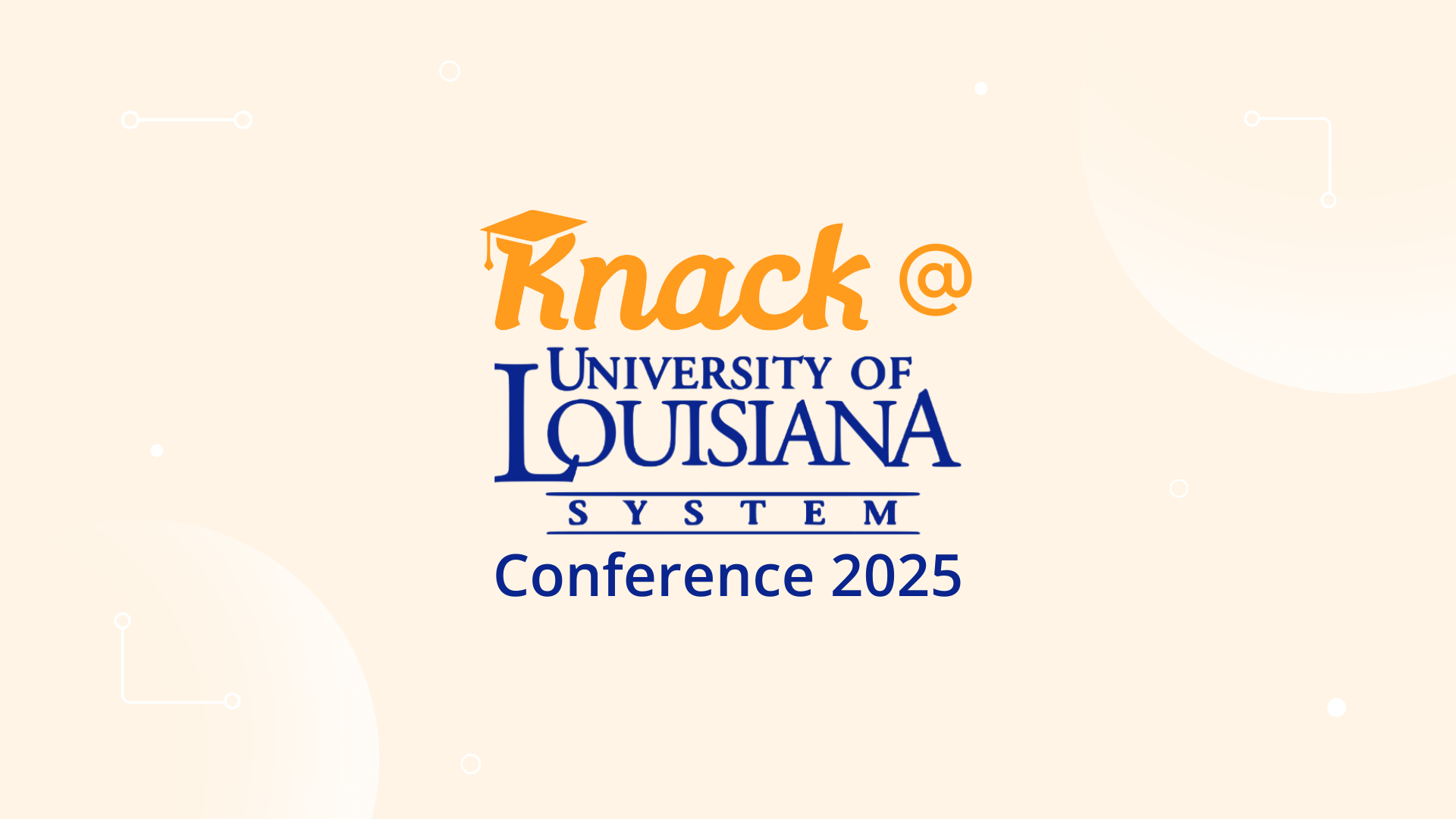I had the opportunity to attend the University of Louisiana System Conference this week, where the theme—“For Our Future”—stood out not just as a slogan, but as a challenge.
It’s easy in higher education to get caught in the rhythm of the present—reacting to what’s in front of us, staying within the limits of what’s familiar, and measuring success by yesterday’s metrics. But if we want different outcomes, we have to be willing to ask hard questions about what we’re doing right now.
“The ways you are organizing your operation are perfectly designed to get the results you are getting right now.”
— Dr. John Gardner
If the outcomes aren’t where we want them to be—if equity gaps persist, if student engagement is flat, if support services aren’t reaching the students who need them most—then it’s not just a student problem. It’s a system problem. And systems don’t change by accident.
That’s why this theme matters. It’s not just about preparing students for an abstract future—it’s about reimagining the work we do today. That includes how we approach academic support, which remains one of the most under-leveraged tools in our collective toolkit. When done well, it has the power to close opportunity gaps, increase retention, and promote belonging. But too often, our support systems are built on outdated models that simply don’t scale.
To move forward, we have to be willing to challenge the status quo. That might mean reimagining support services through a more student-centered lens. It might mean exploring innovative public-private partnerships that expand capacity and make academic support more accessible. And it absolutely means building systems designed to work for every student—not just the ones who already know how to navigate them.
“For Our Future” isn’t just about vision—it’s about action. It’s about looking at our current structures and asking:
- What are we doing because it’s always been done that way?
- What could we stop doing to make space for something more impactful
- What might we try if we weren’t afraid to fail?
The future we want—for our students, for our campuses, for our communities—depends on our willingness to reimagine the present. Not for the sake of innovation alone, but because students deserve a higher education system that adapts, evolves, and actively works to meet their needs.
This conference theme was a timely reminder that progress starts now—not someday. And that we all have a role to play in building what comes next. Let’s make sure we’re building for the future we actually want.
Ready to build something better? Let’s connect and explore how we can reimagine student support—for our future, and theirs.
